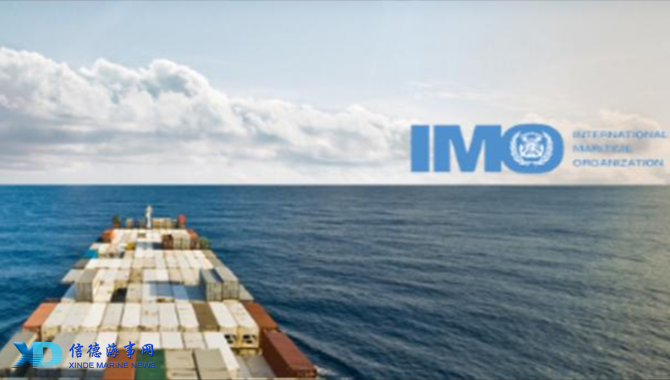
Studies show that burning heavy marine fuel with sulphur emissions actually slows global warming because the cooling effect of sulphur outweighs the warming effects of carbon dioxide, reports The Economist of London.
"Scientists at the Centre for International Climate and Environmental Research in Oslo calculate that shipping in net terms reduced man-made warming by seven per cent in 2000, said the prestigious British newspaper.
The UN's International Maritime Organisation's (IMO) new rules will undo much of this effect. The paper in Nature Communications found that the use of lower-sulphur fuels after 2020 would reduce the cooling effect from shipping by 80 per cent.
"The IMO does not accept that this might kill more people in the longer term than the number who succumb each year to air pollution," said The Economist.
The IMO will cut emissions of sulphur either by reducing its content in marine fuel from 3.5 per cent to 0.5 per cent from 2020 or by requiring ships to remove it from exhaust fumes with scrubbers.
Scrubbers wash sulphur out of engine fumes with seawater, which is then kills marine wildlife and causes cancer in humans when discharged overboard, according to some research.
Most shipowners will switch to pricier low-sulphur fuels. But if all ships did so in 2020, demand for them would double and the industry's fuel bill would rise by US$60 billion, roughly the entire sum spent in 2016, say analysts at Wood Mackenzie, a research firm.
"It would also have a dramatic impact on aviation and road transport. Competition for lighter fuel that clean ships require could raise the price of diesel for lorries by 50 per cent and for jet fuel by 30-40 per cent in 2020, reckons Philip Verleger, an energy economist.
The spike in global transport costs, he says, would hit world trade and wipe a staggering three per cent off America's GDP and 1.5 per cent off the whole world's in 2020.
But big shipping lines that can afford scrubbers and expensive fuel, support the UN-mandate fuel rules while smaller firms could be forced to scrap older ships, says Basil Karatzas, a consultant. Less capacity will mean higher rates for the rest.
Sources:Schednet
Please Contact Us at:
admin@xindemarine.com


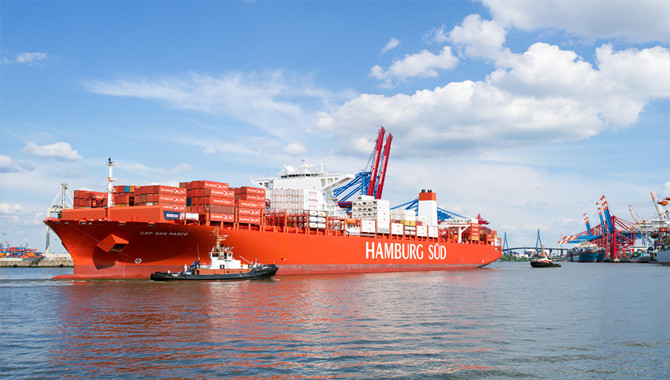 Maersk to integrate Hamburg Süd and Sealand
Maersk to integrate Hamburg Süd and Sealand  Launch of the construction of the first Ro-Ro saili
Launch of the construction of the first Ro-Ro saili 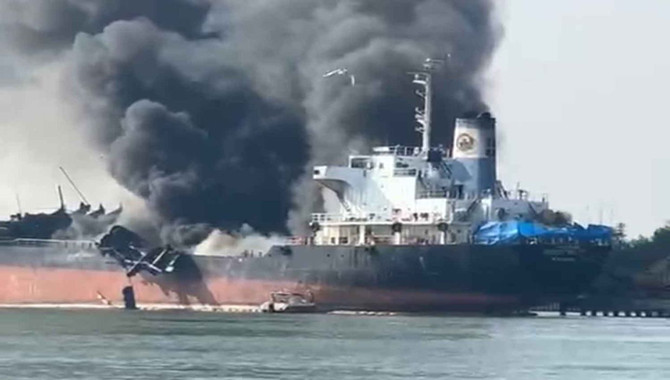 Oil tanker explosion kills at least 3 in central Th
Oil tanker explosion kills at least 3 in central Th 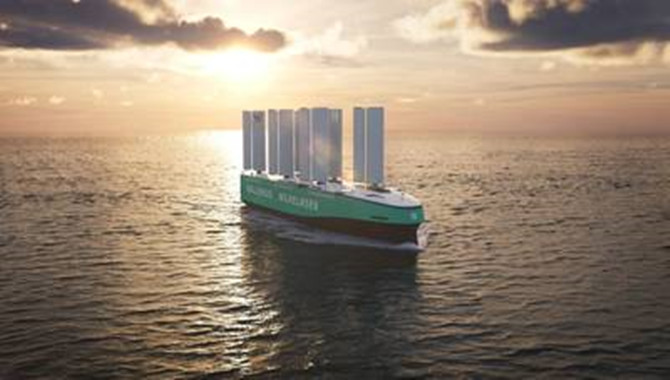 Wind-powered RoRo Vessel Secures €9 Million in EU
Wind-powered RoRo Vessel Secures €9 Million in EU 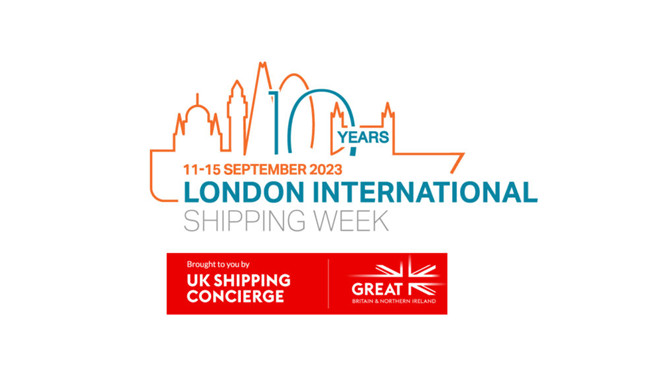 London plays a pivotal role as shipping seeks to re
London plays a pivotal role as shipping seeks to re  Shell unveils five energy sector trends to watch in
Shell unveils five energy sector trends to watch in